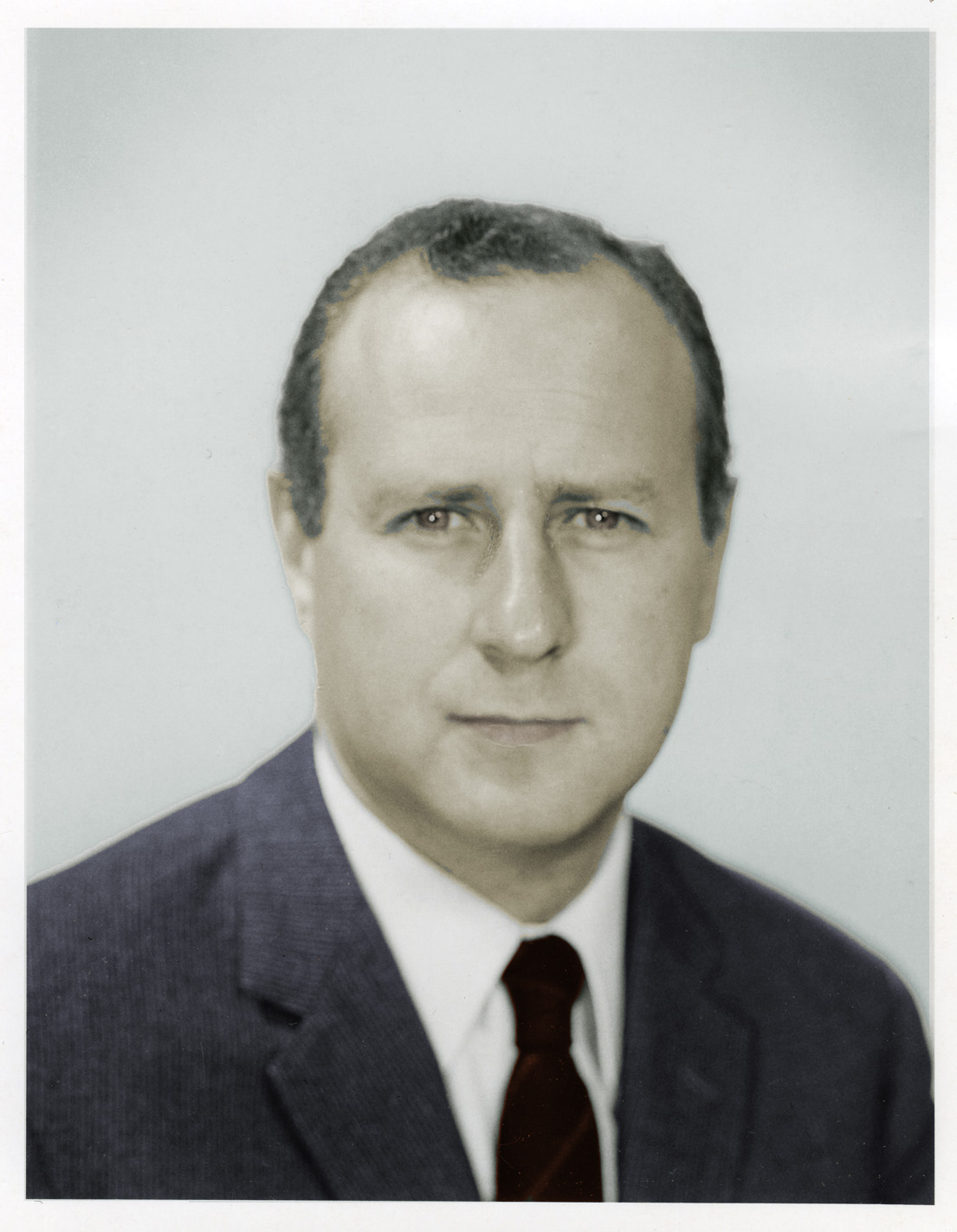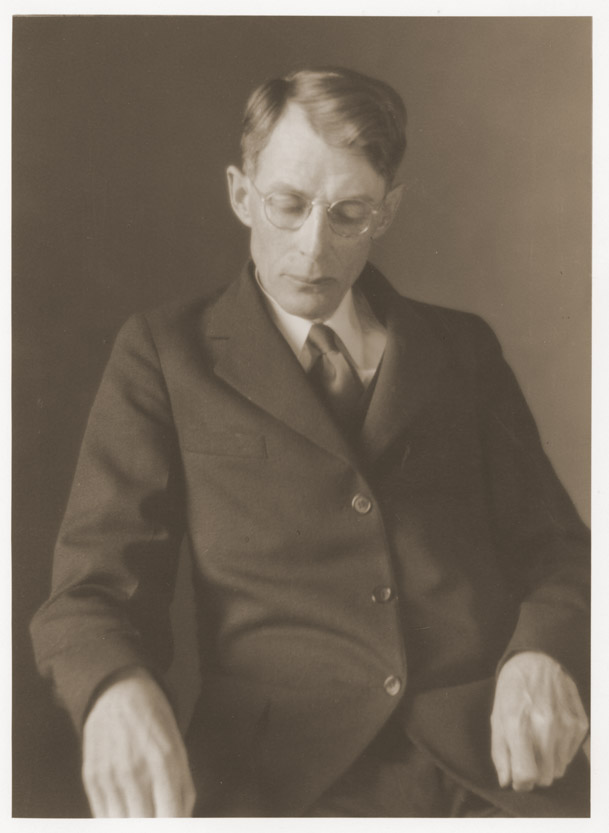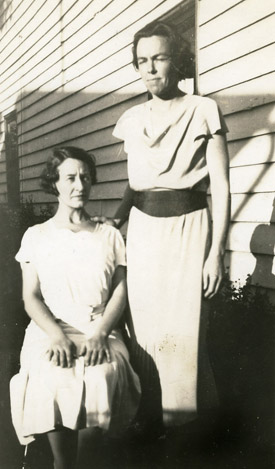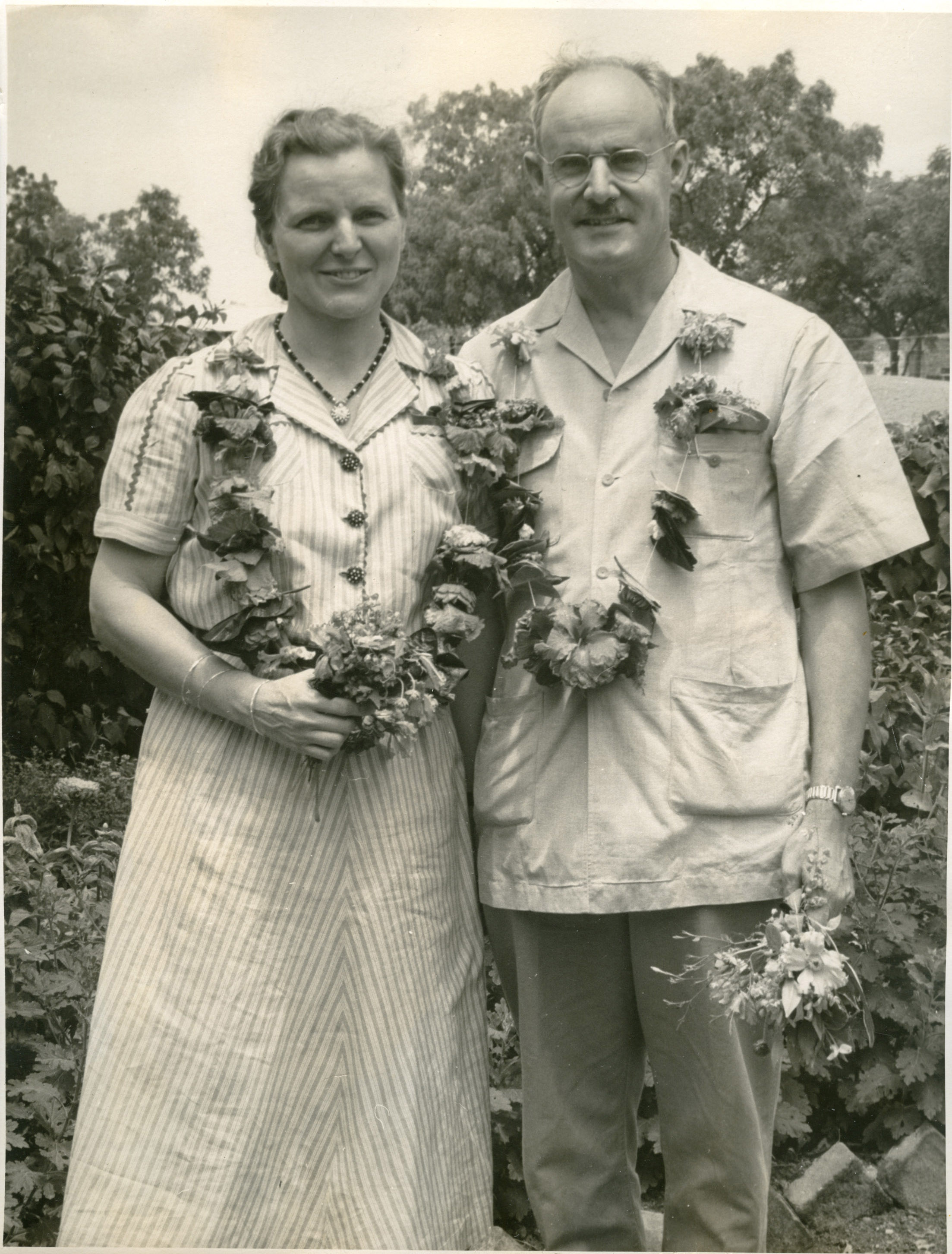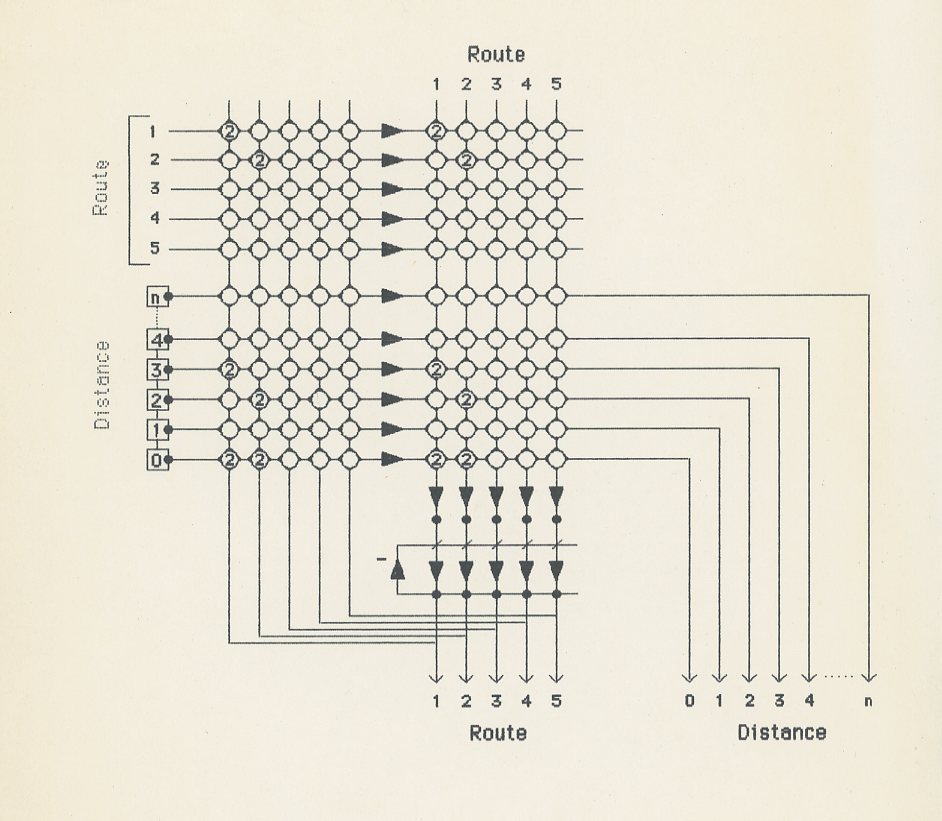Oswald Tippo Papers
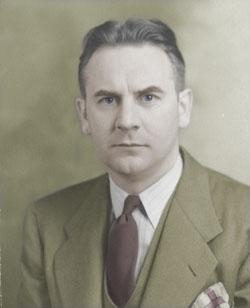
A 1932 graduate of Massachusetts State College (later University of Massachusetts Amherst), Oswald Tippo earned his doctorate in botany from Harvard in 1937. A respected plant anatomist, Tippo’s career was divided relatively evenly between the laboratory and higher administrative offices. Joining the faculty at the University of Illinois in 1937, he was eventually tabbed to become Dean of the Graduate School. After moving to Yale as Eaton Professor of Botany (1955-1960), he served as Provost at the University of Colorado and Executive Dean of Arts and Sciences at New York University (1963), before returning to UMass Amherst in 1964. As Provost under President John W. Lederle, Tippo oversaw a period of rapid expansion at the University, and in 1970, he was appointed as the first Chancellor of the Amherst campus. One year later, he was named Commonwealth Professor of Botany, remaining in that position until his retirement in June 1982. After his retirement, Tippo was often seen “holding court” at his regular table at the University Club. He remained in Amherst with his wife Emmie until his death in 1999.
The Tippo Papers are a robust collection of professional and administrative correspondence, speeches, research notes, notes from Tippo’s student years, photographs, and several of his publications. The collection documents Tippo’s unique relationship with UMass as both Provost and Chancellor as well as his tenure as a Professor of Botany.


